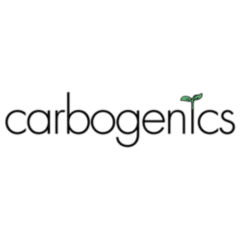After the success of their Anaerobic Digestion Workshop, Carbogenics are thrilled to announce they are…
AD growth at risk without access to food waste collections
The latest official data for the calendar year 2013 shows that the anaerobic digestion (AD) industry has benefited from strong growth, with feedstock use and operational capacity up by over 50% and full-time employment in AD up by 36%.
While WRAP’s Annual Survey of the Organics Reprocessing Industry confirms the healthy rate of growth which ADBA has seen since 2009, however, concerns remain that this surge cannot be maintained without a new government implementing a landfill ban and source segregated food waste collections.
ADBA’s Chief Executive, Charlotte Morton, commented:
WRAP’s annual organics recycling survey for 2013 highlights the strong growth of the AD industry over the past five years. Operational capacity has continued to surge forward in 2014 too, with our latest data showing that there are now 329 plants across all AD sectors, providing 386 megawatts of capacity for renewable electricity.
The UK is already one of the European leaders on food waste AD facilities and technology, with over 80 plants in operation. But with only about 7% of our food waste recycled through AD the potential is far greater, and can only be delivered by government policy which supports segregated food waste collection schemes.
If we were to recycle all the food waste which is unsuitable for consumption, the AD industry could be five times bigger than it is today. Overall we could generate enough green energy to meet over 10% of the UK’s domestic gas demand, reduce carbon emissions by 2%, recycle essential nutrients for food production and deliver new high value biotechnology products, such as biochemicals and bioplastics.




